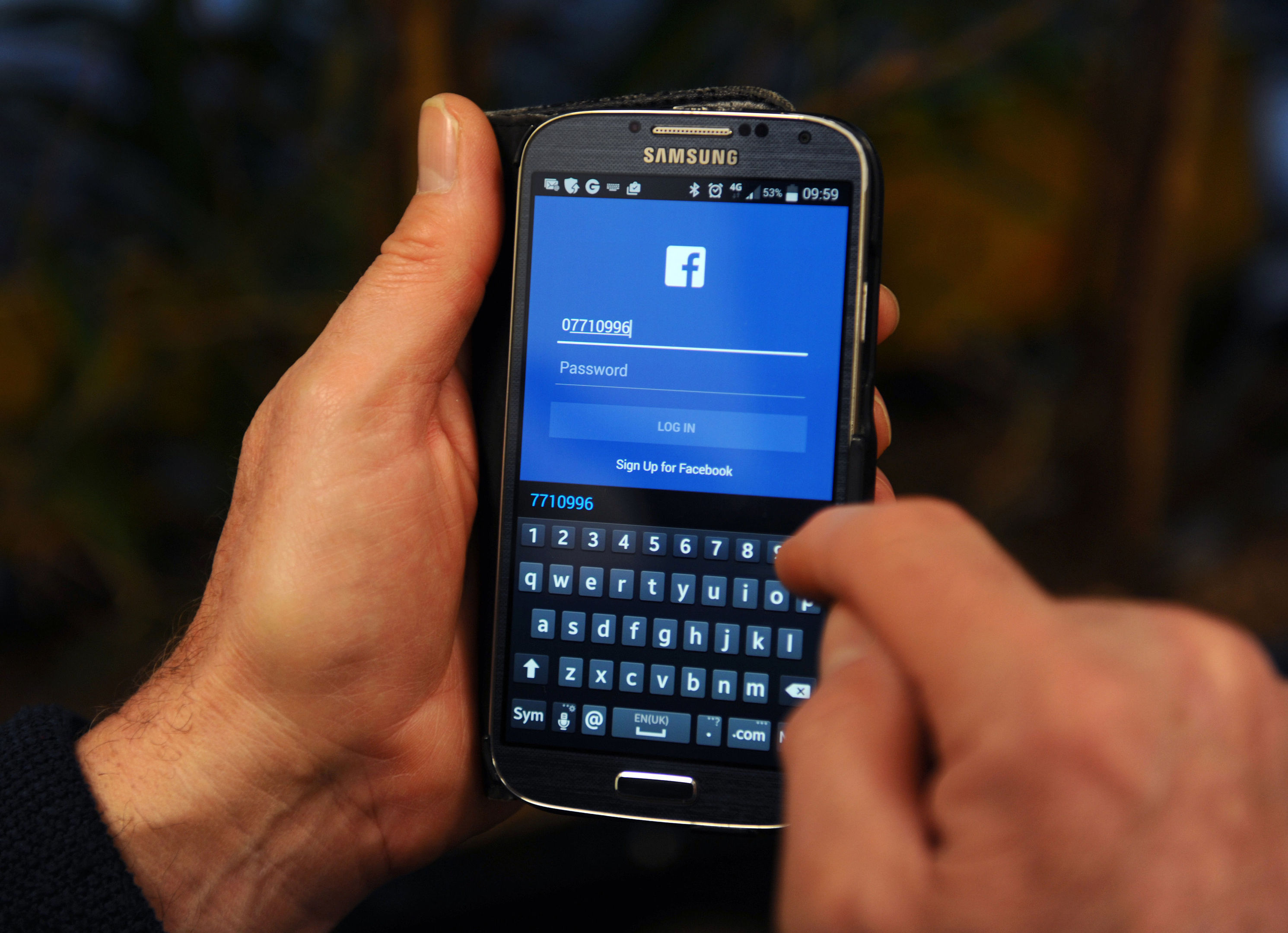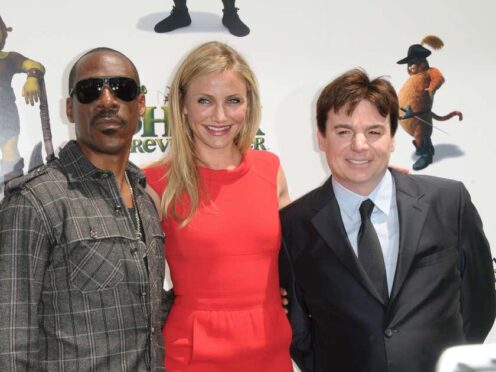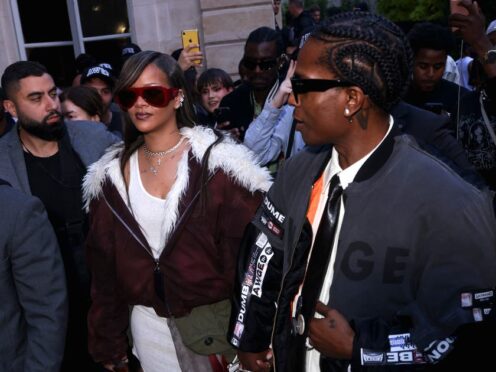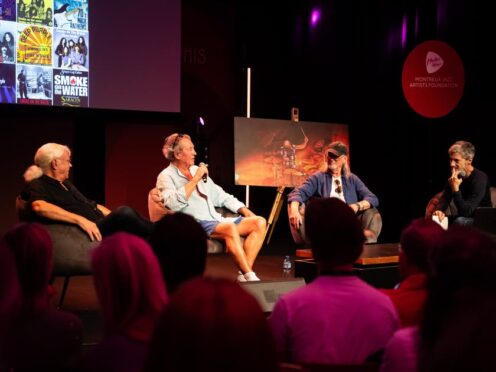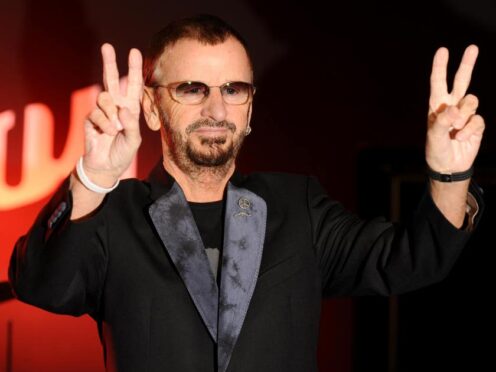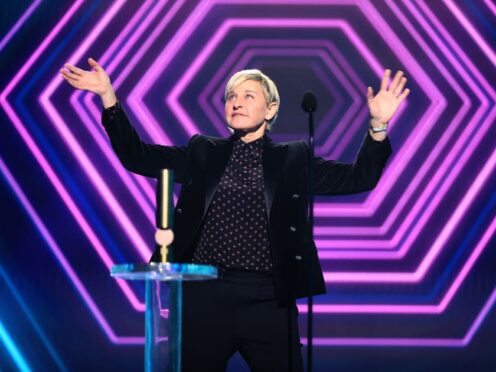Social media sites need to do more to prevent ticket fraud after they were used for almost half of all the scams last year, councils have warned.
Music and sports fans lost more than £5 million to online ticket fraud last year, up from £3.35 million in 2014, the Local Government Association (LGA) said.
Customers who bought fake tickets lost an average of £444 per transaction, with social media sites accounting for nearly half of all reported scams.
Trading Standards teams expect criminals will focus on Wembley concerts by Beyonce, Rihanna, Coldplay and Bruce Springsteen, festivals including Glastonbury and sporting events including the Euro 2016 championship and Wimbledon.
The LGA is urging people to buy tickets through official channels and not to risk losing money by using other websites, agencies or social media sites.
More than a quarter of fake tickets sold online in 2015 (26%) were for big sporting events such as the Rugby World Cup and Premier League football matches.
More than a fifth of ticket fraud (21%) was instigated via Facebook, with Gumtree accounting for 22% and Twitter 6%.
More than 200 concert-goers complained to Action Fraud last year after tickets purchased for shows including Ed Sheeran, Taylor Swift and AC/DC from an online ticket website failed to show up.
Simon Blackburn, chairman of the LGA’s Safer and Stronger Communities Board, said: “With Euro 2016 starting next month, big-name concerts on the horizon and Glastonbury Festival already sold out, this summer is ripe for criminals to exploit desperate fans willing to do anything to get a ticket to see England play or see their favourite band.
“Social media sites now account for nearly half of all ticket scams and they need to do more to help prevent people being conned paying for tickets on their sites.
“People should be very wary of ticket offers for ‘sold out’ events as these situations are exploited by criminals. Similarly, if the price seems too good to be true, it’s likely to be a scam.”
Mike Andrews, lead co-ordinator for the National Trading Standards eCrime Team, said: “Criminals selling fake tickets online are becoming more and more prevalent – to avoid disappointment we urge fans to be on guard when purchasing sports and music tickets.
“For fans considering snapping up any last-minute tickets, be sure to read our online ticket checklist. If you are concerned that a sale may be fraudulent we urge you to report it to the Citizens Advice consumer helpline by calling 03454 04 05 06.”
